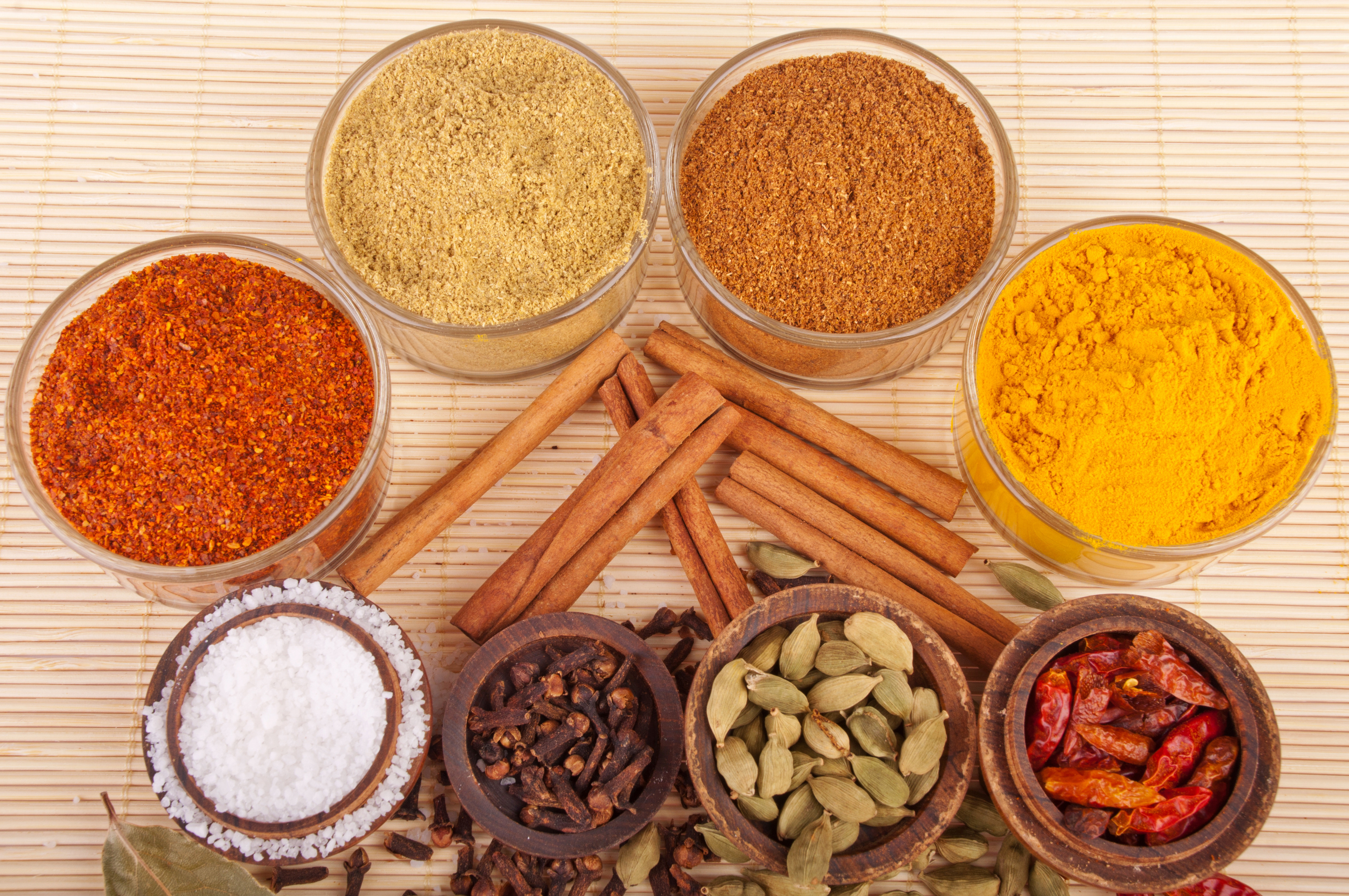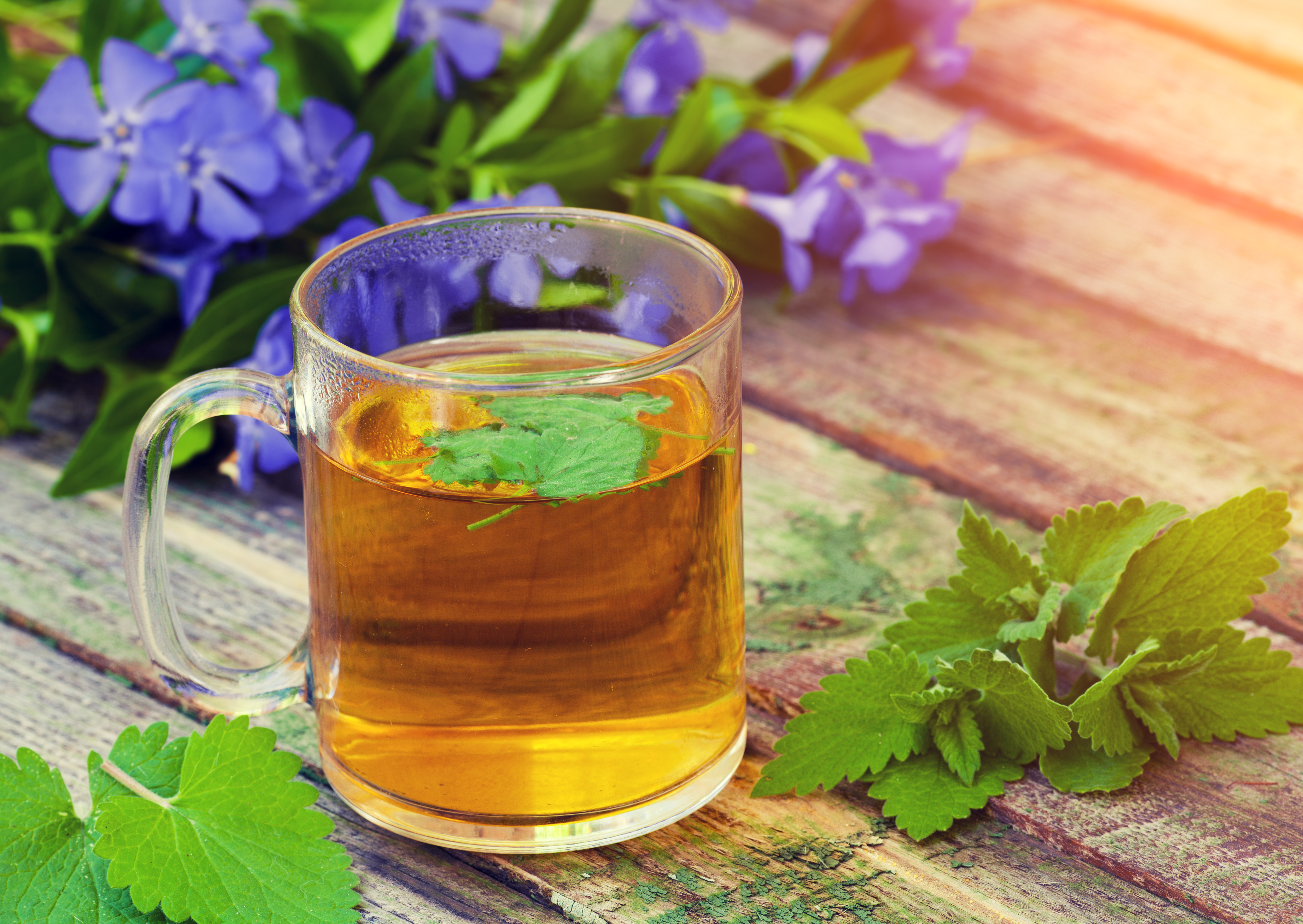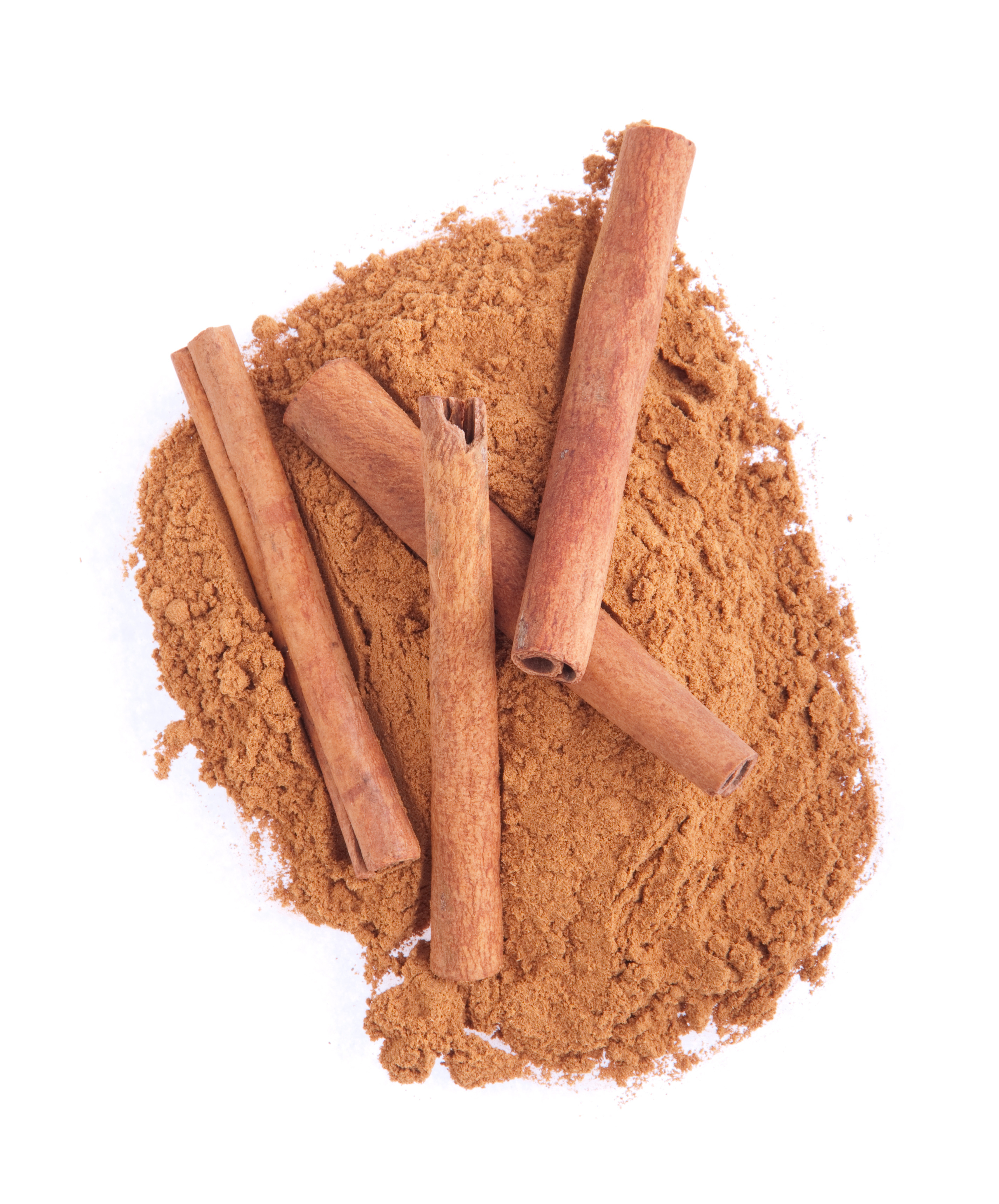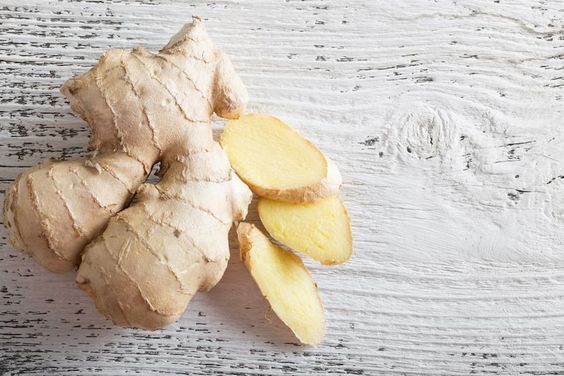
It’s that time of the year when we start thinking about making changes in the starting line-up of food in our kitchen pantries, make resolutions to be "better" about no reaching for the snacks and setting goals to make the new year ahead be healthier. I don't know about you but that is always easier said than done.
But changing our diet—and sticking to it—is challenging. We’ve all done the “healthy food run” to the grocery store and bought quinoa in bulk or picked up 5 pounds of fresh produce we eventually forgot to cook. With all of the everyday stressors we face—commuting up permanently clogged freeways, surprise PTA meetings or family parties, car bills that come out of nowhere—it’s easy to reach for an artificial candy bar or a sugary soda when you’ve had enough and need a break.
See...we get it.
Instead of taking on too much at once, we try incorporating little nutrient boosts that eventually lead us to healthier habits overall. It takes about 3 weeks to break a habit, and with 3 weeks left in January, we suggest adding some of these ingredients into your routine and enjoying the benefits—ingredients you might recognize from the back of our tins!

Peppermint
The next time you stop by the supermarket, consider picking up some peppermint tea for a mid-morning pick-me-up or late-night unwinding. Aside from its delicious breath freshening qualities, peppermint is proven to help with indigestion, bloating, and even tension headaches. Used for centuries in alternative medicine, it increases blood flow, helping to soothe tight muscles and clear congested sinuses. And while peppermint tea is naturally caffeine-free, some studies show its menthol compounds can provide an energy boost by stimulating your circulation and relieving you of your daytime drowsiness. You can drink it any time of day, so it’s perfect to add to your new routine with no major changes needed.

Cinnamon
Turns out all you need to jumpstart a health kick is a sprinkle of cinnamon over your cereal or a dash added to your smoothie! Cinnamon is packed full of antioxidants with over 41 protective compounds. That’s even more than some superfoods like garlic and oregano. It also has amazing anti-inflammatory properties to help with everything from arthritis to bloating and gut health. It helps with cholesterol control and lowers your risk of heart disease, too.
Bonus tip: we recommend trying this miracle spice on breakouts and wrinkles. Due to its antibacterial and anti-inflammatory properties, cinnamon helps eliminate acne-causing bacteria, reduces redness and swelling, and promotes blood circulation to fill in fine lines. Mix three tablespoons of honey with a teaspoon of cinnamon. Throw a dash of fresh lemon juice in for extra acne-fighting agents, or some aloe vera gel for a quick fix for dark spots. Leave it on for 10 minutes and wake up looking refreshed and ready to conquer the world.

Ginger
Feeling nauseous? Ginger has your back. This unassuming root has been used as a chronic indigestion, morning sickness, and nausea cure for hundreds of years. On top of that, ginger can help with chronic inflammation and muscle soreness. Whether you’re a work-out junkie or a weekend warrior, ginger will help soothe your tension and aid in recovery.
That anti-inflammatory compound is key in another unexpected area: brain function. Like Omega-3 rich food, ginger’s antioxidants can help decrease inflammation responses in your brain and improve your cognitive function, protecting against age-related mental decline and Alzheimer’s. Taking care of your brain health is vital at any age. Sneak some ginger powder into a morning smoothie or use it to flavor steak. Your body (and mind!) will thank you.

Agar
Agar is a gelatinous polysaccharide derived from red algae. We know, it sounds gross, but it’s a miracle for vegans and chefs across the world as a plant-based food thickener. You can find agar in puddings, fruit cakes, and even some very tricky soufflé recipes. Discovered in Japan through an accident, agar is rich in fiber, manganese, magnesium, folate, and iron—basically half the vitamins we should take daily.
Agar has been shown in multiple studies to help with digestive tract health and support weight loss by giving its eaters that yearned for “full” feeling. It’s even been shown in some studies to combat osteoporosis and anemia and regulate blood sugar. We bet the word “gelatinous” doesn’t sound so gross anymore.
The amazing thing about agar is that it can be swapped for gelatin. While gelatin isn’t necessarily bad—it also contains an abundance of micronutrients—it’s made by boiling the bones of animals. If you’re as dog-nuts as we are, the origins of gelatin aren’t your favorite thing to think about.
Next time you’re in the super market and craving something sweet to bake, try the vegetarian or organic aisles and flip over the boxes. Chances are, you might see some agar, and it’ll taste just as good!
Bonus: Probiotics
Probiotics are vital not only for gut health, but skin and mental health. Almost 90% of serotonin is produced in the digestive tract. The gut acts as a “second brain” for the human body, and effects your entire body and mood. More and more research studies show that certain probiotic strands—Lactobacillus acidophilus, Lactobacillus casei, and Bifidobacterium bifidum—improve depressive symptoms, decrease stress, and combat anxiety. For an on-the-go boost, try Siggi’s probiotic-packed drinkable yogurts, Kefir, or a probiotic supplement first thing in the morning.